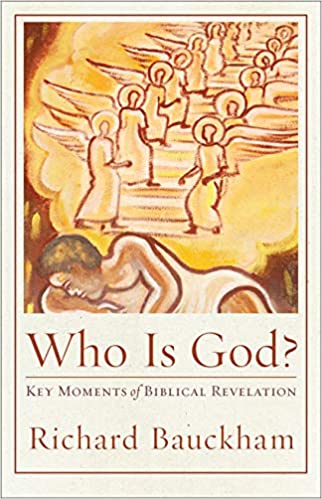BEN: Chapter 3 raises the whole issue of anthropomorphism. What is interesting to me is that God himself uses anthropomorphisms of himself— it’s not just that the Hebrew writer says ‘and God’s nose burned’, it’s that God says to Moses, you can’t see my face, but I’ll put my hand over you, and you can see my back. Now this is very striking language. Of course, the Mormons have a field day with this arguing God must actually have a physical form, taking the language quite literally, which is surely a mistake. Would you say that God’s use of such language at Sinai is just another example of God coming down to a level and revealing himself in a way Moses can understand? What is the significance that God only does this with Moses, not even with Moses and Aaron, and not with God’s people in general? Does God play favorites, or should we just take this as an indicator that God had a special relationship with Moses?
RICHARD: Moses really was very special. Just previously, when God was angry with Israel because of the golden calf, God proposed to disown the people and create a people composed just of Moses and his descendants. Only Moses comes into God’s presence, speaks with God as with a friend, intercedes successfully for the people, and so on. Moses actually asks to see God’s glory as a personal favour, not as something (like the Name) to share with the people. But what does he see? Just a fleeting glimpse of dazzling light, I guess we should understand. The revelation of God’s character in words actually says much more about God.













